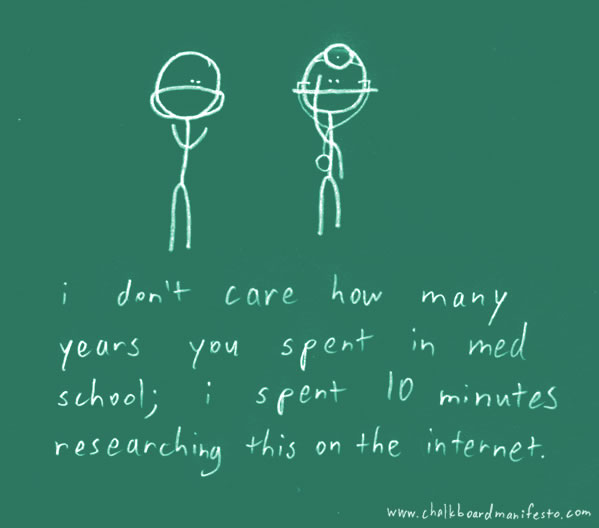Webcomics (also known as online comics or Internet comics) are comics published on a website. While many are published exclusively on the web, others are also published in magazines, newspapers or in books. Webcomics can be compared to self-published print comics in that almost anyone can create their own webcomic and publish it. Readership levels vary widely; many are read only by the creator's immediate friends and family, while some of the largest claim audiences well over one million readers. Webcomics range from traditional comic strips and graphic novels to avant garde comics, and cover many genres, styles and subjects. Only a select few are financially successful. A longer definition comes from Wikipedia.
- Video: Webcomics
- Author(s)
- Webcomic Tips with Scott Johnson of ExtraLife
- HOW TO Start a Webcomic! -The Comic Paige
- You Should Make a Webcomic
- XKCD: Time
- Randall Munroe (XKCD): Comics That ask "What If?"
- Comics, Authors, Make It and Other Stuff
- Every Major's Terrible XKCD Sing-a-Long
- R. Stevens, Diesel Sweeties - XOXO Festival (2012)
- How To Go To Space (with XKCD!)
- Making A Softer World
- Sludgy Freelance
- No Girls Allowed
- Interview - The Book of Biff
- Eclectic Stuff on Wednesday
- Disability Etiquette: Not Us. This Is For You, "Normals"!
- Off the Road
- Enriched Environments Help Recovery After Stroke
- Food for Thought
- Everything's Changing
- Nails Do Not Stop Growing After a Stroke
- Stupid Question: But Isn’t There Enough Green to go Around?
- Will a Stroke Patient Need a Mortgage Next?
- Apple vs the FBI - Who Wins?
- Rick Mercer Report: Beach Volleyball & Face to Face
- Laid-Back Admin: No Post This Week
- XKCD: Degrees
Saturday News | Future Topic
--------------+---------------------------------------------
--------------+---------------------------------------------
Mar/26/2016 | Environmental Enrichment (Neural)
Mar/19/2016 | Anomic Aphasia
Mar/12/2016 | Speech Repetition
Mar/05/2016 | Accessible Housing
Mar/19/2016 | Anomic Aphasia
Mar/12/2016 | Speech Repetition
Mar/05/2016 | Accessible Housing








































